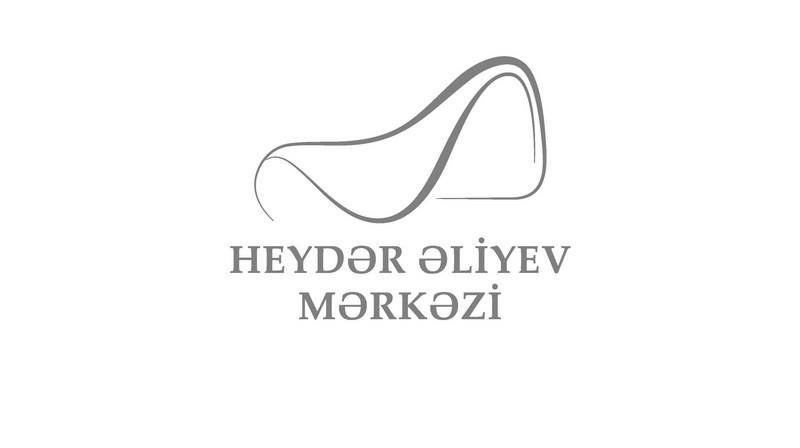Baku-Tbilisi-Kars project open to new participants – minister
 Baku-Tbilisi-Kars (BTK) railway project is open for participation of other countries, Azerbaijan’s Transport Minister Ziya Mammadov said.
Baku-Tbilisi-Kars (BTK) railway project is open for participation of other countries, Azerbaijan’s Transport Minister Ziya Mammadov said.
He made the remarks at the "Baku-Tbilisi-Kars railway line - new opportunities in the development of the Silk Road" international conference in Baku Oct. 16.
Mammadov said the countries interested in this project may join the trilateral intergovernmental agreement signed between Azerbaijan, Turkey and Georgia in 2007.
Talking about the Baku-Tbilisi-Kars project, the minister said it is planned to complete the implementation of the project in 2015 and to launch a test work train by late 2014.
Mammadov added that after the three years of operation of BTK, the volume of cargo transportation via this railway is expected to hit three million metric tons, while after five and ten years of operation, this figure is forecast to exceed five million metric tons and 10 million metric tons respectively.
Currently the work is underway on constructing a section on Turkey’s territory, constructing and reconstructing of the railway section on Georgia’s territory, as well as constructing a 4.5 kilometers long tunnel on the Georgian-Turkish border.
The Baku-Tbilisi-Kars railway is being constructed on the basis of the Georgian-Azerbaijani-Turkish intergovernmental agreement.
The State Oil Fund of the Republic of Azerbaijan (SOFAZ) finances the project in accordance with the Azerbaijani president’s decree 'On the implementation of the Baku-Tbilisi-Kars project activities' dated February 21, 2007.
A new 105-kilometer branch of the railroad is being constructed as part of the Baku-Tbilisi-Kars project. In addition, the railway's Akhalkalaki-Marabda-Tbilisi section is under reconstruction in Georgia, which will increase its capacity to 15 million metric tons of cargo per year. A post is under construction in Akhalkalaki for the transition of trains from the existing tracks in Georgia to the European ones.
The peak capacity of the corridor will be 17 million metric tons of cargo per year. At the initial stage, this figure will be one million passengers and 6.5 million metric tons of cargo.




















